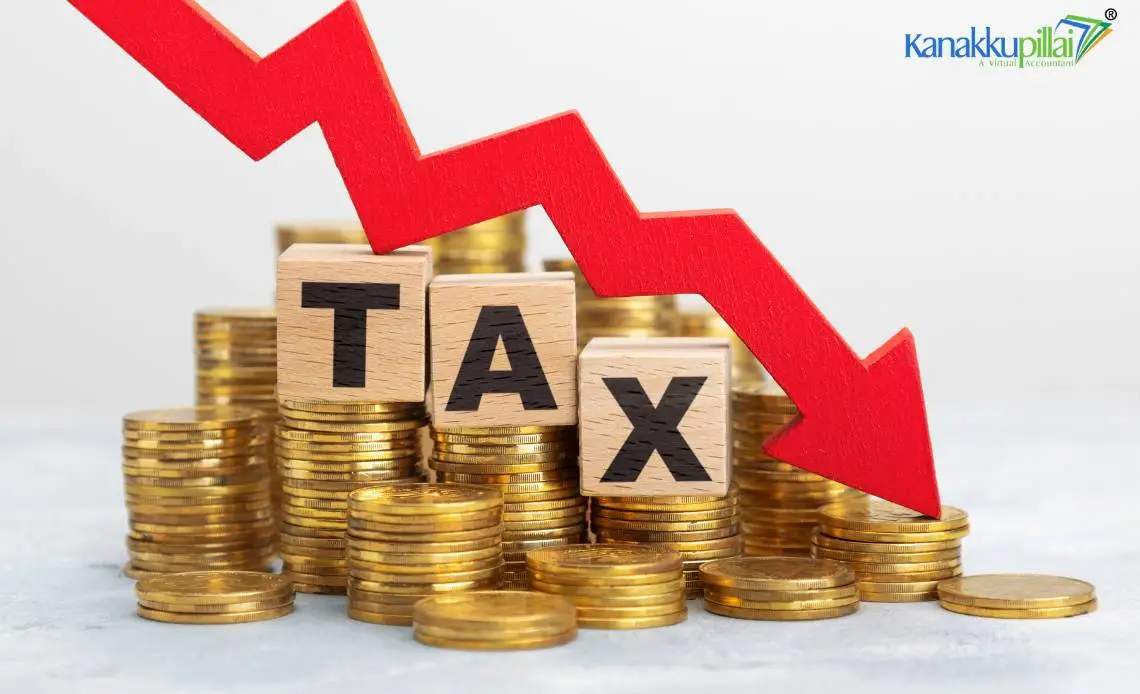A TDS return, an acronym for Tax Deducted at Source return, is a statement of all the transactions related to TDS that go under any quarter. Its main function is to offer details about TDS collected and handed over to the Income Tax Authority. TDS is an important component of the tax structure, ensuring deduction at source and prohibiting evasion.
Procedure for TDS Return Filing
Filing a TDS return involves several steps to ensure accuracy and compliance with tax regulations. Here’s a detailed breakdown of the process:
- Form 27A Completion:
- Start by completing Form 27A, which contains numerous columns for data entry.
- If you’re filing a printed copy, ensure it matches the electronically filed e-TDS return.
- Tax Withheld and Total Amount Paid:
- Accurately fill in the details of the tax withheld at source and the total amount paid on the relevant forms.
- TAN (Tax Deduction and Collection Account Number):
- Provide the correct TAN of the company responsible for the TDS returns.
- Accurate TAN information is crucial to simplify the verification process.
- Challan Number, Mode of Payment, and Tax Details:
- Include the correct challan number, mode of payment, and tax information.
- Any discrepancies in payment dates or Challan numbers can lead to the need to file new TDS returns.
- Utilize the Basic e-TDS Form:
- Use the basic e-TDS form for consistency.
- Enter the 7-digit BSR (Basic Statistical Return) for proper tabulation.
- Physical TDS Returns Submission:
- If filing physical TDS returns, send them to the TIN-FC (Tax Information Network – Facilitation Center), which the NSDL manages.
- For online filing, visit the official NSDL TIN website and use a level 2 digital signature for verification.
- Acknowledgement and Refusal:
- Upon accurate submission, you’ll receive a token number or receipt as proof of TDS return submission.
- If the TDS returns are refused, a non-acceptance memo with reasons is provided, necessitating the filing of new TDS returns.
Procedure for Validation of TDS Returns:
The validation of TDS returns is a crucial step in the process. Follow these steps for validation:
- Ensure all relevant details are accurately mentioned in the file.
- Use the validation utility tool available on the NSDL website to update the details.
- The tool is free and can be easily accessed on the NSDL website.
- In case of any errors in the file, the File Validation Utility (FVU) will identify and report them.
- Make the necessary changes to the file and re-verify it through the validation process.
Revised TDS Return
If the TDS return filed contains errors, such as incorrect PAN or challan details, the tax paid to the government may not be captured on Form 16, Form 16A, and Form 26AS. In such cases, it becomes necessary to file updated TDS returns to correct these mistakes.
Conclusion
The Income Tax Act stipulates that a person’s annual income is taxable when it exceeds their total income. Various mechanisms, including TDS, Tax Collected at Source (TCS), advance tax, Self-Assessment Tax, and tax on regular assessment, serve as avenues to meet the Act’s tax requirements. TDS plays a pivotal role, requiring individuals making income payments to deduct tax at specified rates and remit the net amount. The collected TDS tax is credited to the national treasury during the relevant period. The payer issues Form 16 or 16A to the payee, enabling them to claim TDS credit and reduce their overall tax liability. These provisions are instrumental in efficient income tax collection and the prevention of tax evasion through stringent controls and information tracking.





